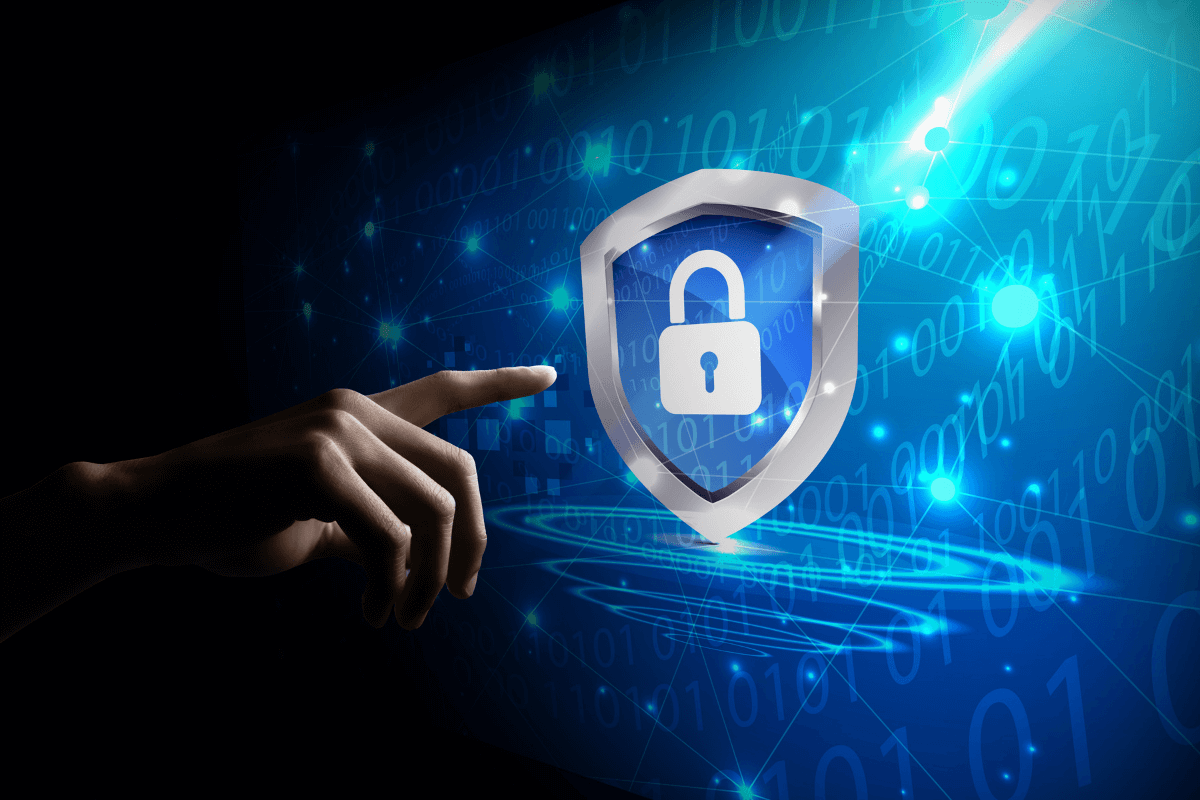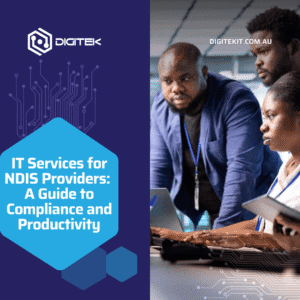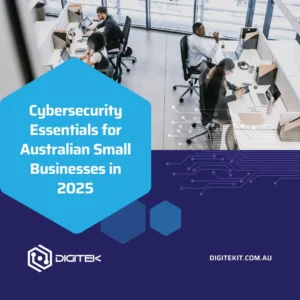Running a café, clinic or consultancy is challenging enough without worrying about hackers. Yet cybersecurity for small business has never been more critical: over 76,000 cyber‑crime reports were lodged with the ACSC last year, many from SMEs. Nearly half of all incidents now strike smaller firms, proving you’re never “too small” to be a target. The financial hit can be brutal: downtime, ransom demands, lost clients, and reputational damage can linger for years.
The Growing Cyber Threat Landscape in Australia
Australia’s threat profile keeps rising. Phishing emails, ransomware and credential‑stealing malware are the top cyber threats to small businesses. According to the ACSC, a cybercrime is reported every 10 minutes. High‑profile breaches in sectors like healthcare and retail show attackers will chase any data they can monetise. Remote work and BYOD habits widen the attack surface, while tight budgets leave many SMEs under‑protected.

Top 5 Cybersecurity Essentials for Small Businesses
1. Strong Passwords & MFA
Use unique, complex passwords and enable multi‑factor authentication (MFA) on email, banking and Microsoft 365. MFA blocks about 99 per cent of automated attacks. Free authenticator apps or hardware tokens take minutes to set up and are far safer than SMS alone.
2. Regular Backups and Updates
Unpatched software is low‑hanging fruit for hackers. Keep Windows, macOS, and every app up to date, set updates to automatic whenever possible. Back up critical data daily to an encrypted off‑site or cloud repository so you can recover quickly after ransomware or hardware failure.
3. Employee Training & Phishing Awareness
Human error fuels most breaches. Run quarterly training sessions and phishing simulations; the government’s ACSC Small Business Cyber Security Guide offers free resources. Teach staff to hover over links, spot spoofed sender addresses and report anything suspicious.
4. Secure Network and Wi‑Fi
Deploy business‑grade firewalls, enable network‑level threat detection and enforce strong Wi‑Fi encryption (WPA3 if available). Remote workers should use a company VPN or a secure Cloud PC instead of public Wi-Fi hotspots. Segment guest Wi‑Fi from internal systems so visitors can’t snoop on devices.
5. Develop an Incident Response Plan
When, not if, a breach occurs, every minute counts. Document who to call (IT provider, bank, insurers), how to isolate infected systems and how to restore data from backups. Include legal obligations for notifiable data breaches and rehearse the plan once a year. Keeping a printed copy offline ensures access even if systems are down.
Australian Legal Requirements & Compliance
The Privacy Act amendments now require many SMEs to notify customers of serious data breaches. Specific industries face extra rules; NDIS providers, for instance, must meet Quality & Safeguards Commission standards for participant data. Even if your business is exempt, the ACSC’s Essential Eight framework is considered best practice and may reduce insurance premiums. Staying compliant isn’t just paperwork, it proves to clients you take their data seriously.

When to Get Professional Help
Consider outside help if:
- You lack in‑house expertise to manage firewalls, backups or 24/7 monitoring.
- Customer or financial data drives revenue (e.g. accounting, healthcare).
- You’ve already suffered an incident or near‑miss.
- Regulators or clients demand evidence of robust security controls.
A managed security partner like Digitek IT’s Cybersecurity Services delivers enterprise‑grade protection: threat monitoring, patch management, incident response, at a price point built for small business cyber security Australia budgets. Unlike some Sydney‑wide providers, Digitek’s Western Sydney engineers can be on‑site fast when needed.
Staying Safe in 2025 and Beyond
Cyber attacks won’t slow down, but you can make your business a hard target. Start with the five essentials: MFA, backups, staff training, secure networks and a response plan. Review compliance needs and don’t hesitate to call in experts if gaps remain. Unsure where to begin? Contact Digitek IT for a cybersecurity assessment tailored to Australian small‑business needs, so you can focus on customers, not cyber criminals.







